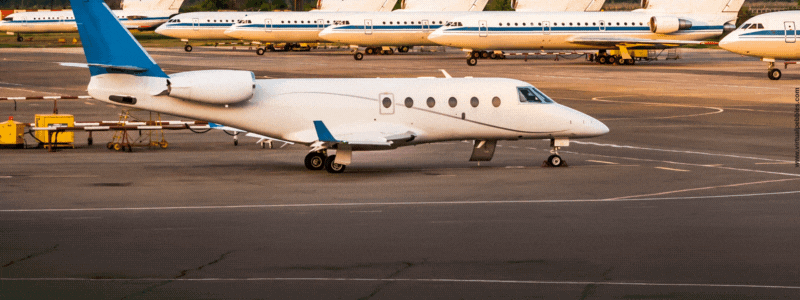
The aviation sector has always been challenging to work in. Because of its global reach and reliance on technology, it is not only vulnerable to many dangers and threats but also largely depends on oil. A large portion of this is outside the airline's or operator's control. Even though this scenario has been spectacularly brought to light over the past two years, barriers to success in the sector are not new. We look at some of the most significant hazards we face as we approach the year 2022. Unfortunately, we can't overlook the considerable threat that afflicts the aviation industry. It is crucial to know that the pandemic is not yet gone, as any news article or official briefing will tell you.
Many people anticipate that it will have a very different appearance when recovering. More and more meetings and interactions are taking place online, and the company has thrived over the past two years without the need to travel much. There will still be a need for movement and in-person contact, but the amount will undoubtedly be smaller than today's standards.
This conflict has affected the Aviation industry in a significant manner:
On the other hand, many airlines and operators are experiencing increasing financial difficulties due to the two-year disruption. Whatever the next set of restrictions is, it is unlikely that the government will provide much support for the airline industry or its employees. However, the impact of future mutations is currently uncertain, and they continue to pose a considerable risk.
Aviation is a well-regulated and well-protected sector of the economy. However, in particular, despite their efforts, they continue to be subject to limits on aircraft operations and safety. On the other hand, vaccination protection improves, and governments are less focused on lockdowns and travel bans. Despite its efforts to reduce its environmental impact, the aviation industry is undoubtedly highly vulnerable to the consequences of war conflict. Flight disruptions caused by extreme events have increased in frequency and severity over the past few days, and more of this is still a serious possibility.
Although the airline industry does, as a result, play a critical part in today's society, it is also necessary to recognise that it faces its own set of issues. Numerous difficulties exist within this industry, ranging from recessions to government restrictions and terrorism to a labour shortage.
The state of the global economy is one of the biggest challenges the airline sector is currently experiencing. For example, the 2008 economic recession had a devastating effect on the scale of the aviation industry. Travel and fuel expenses will rise as the global economy deteriorates, while passenger numbers decline. Therefore, the impact of the recession on the tourism sector is also one of the most important economic variables affecting the aviation business, which is a factor that cannot be ignored.
Air transport companies who want to extend their operations internationally and look into new routes must consider the market conditions and volatility in regional zones. Additionally, different countries have varied economic circumstances for growth, which airline firms should consider when considering international expansion. Many airlines are concerned that the changing travel demographics in 2022 and beyond will severely threaten their operations. The recovery of business travel following COVID is expected to be delayed, with VFR and leisure traffic taking the lead in the meantime. Businesses continue to be concerned about uncertainty, new regulations, and the possibility of quarantine or delays.